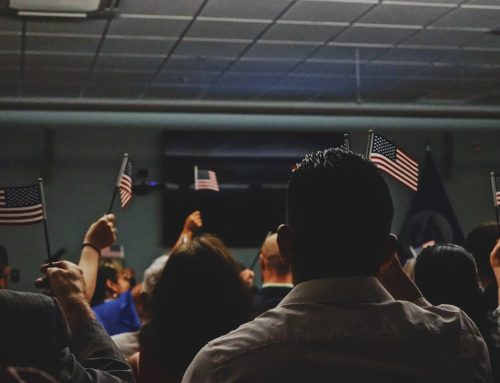The reality is that a non citizen defendant that enters a no contest or guilty plea may be unaware of potential immigration consequences associated with the plea.
Unfortunately, this may be the case for many years even decades after the conviction and the sentence has been served. Many immigrants do not become aware of immigration consequences until immigration authorities initiate removal proceedings against them. Often this can happen years after the immigrant defendant successfully completed probation or parole. As a result, many families have been torn apart by deportations based on convictions entered unknowingly by non-citizen family members. Court’s have found and our California Legislature has recognized that “once in removal proceedings, a noncitizen may be transferred to any of over 200 immigration detention facilities across the country. Many criminal offenses trigger mandatory detention, so that the person may not request a bond. In immigration proceedings, there is no court-appointed right to counsel and as a result, the majority of detained immigrants go unrepresented. Immigration judges often lack the power to consider whether the person should remain in the United States in light of equitable factors such as serious hardship to United States citizen family members, length of time living in the United States, or rehabilitation.”

The bottom line is that adverse immigration consequences stemming from unlawful convictions have caused unmistakable harm to the immigrant community and in turn to greater American society.
Further, the United States Supreme Court has found that “criminal convictions may have ‘dire consequences’ under federal immigration law and that such consequences are “material matters” for noncitizen defendants faced with pleading decisions. A non-citizen defendant who is removed from the United States is in a situation where he or she cannot return and loses their job, their friends, home, and maybe even their children, who must choose between their parent and their native country. Indeed, a defendant ‘may view immigration consequences as the only ones that could affect his calculations regarding the advisability of pleading guilty to criminal charges’, such as when the defendant has family residing legally in the United States.
Thus, even before the Legislature expressly recognized in section 1016.5, subdivision (d) the unfairness inherent in holding noncitizens to pleas they entered without knowing the consequent immigration risks, we held that justice may require permitting one who pleads guilty “without knowledge of or reason to suspect immigration consequences to withdraw the plea.
Schedule appointment
Uribe & Uribe APLC
Nothing can impact your life or the life of a family member more than one’s immigration status. Are you interested in obtaining immigration benefits? Do you have a plan in action for success? At the Uribe & Uribe APLC we can help you create a strategy for success.








